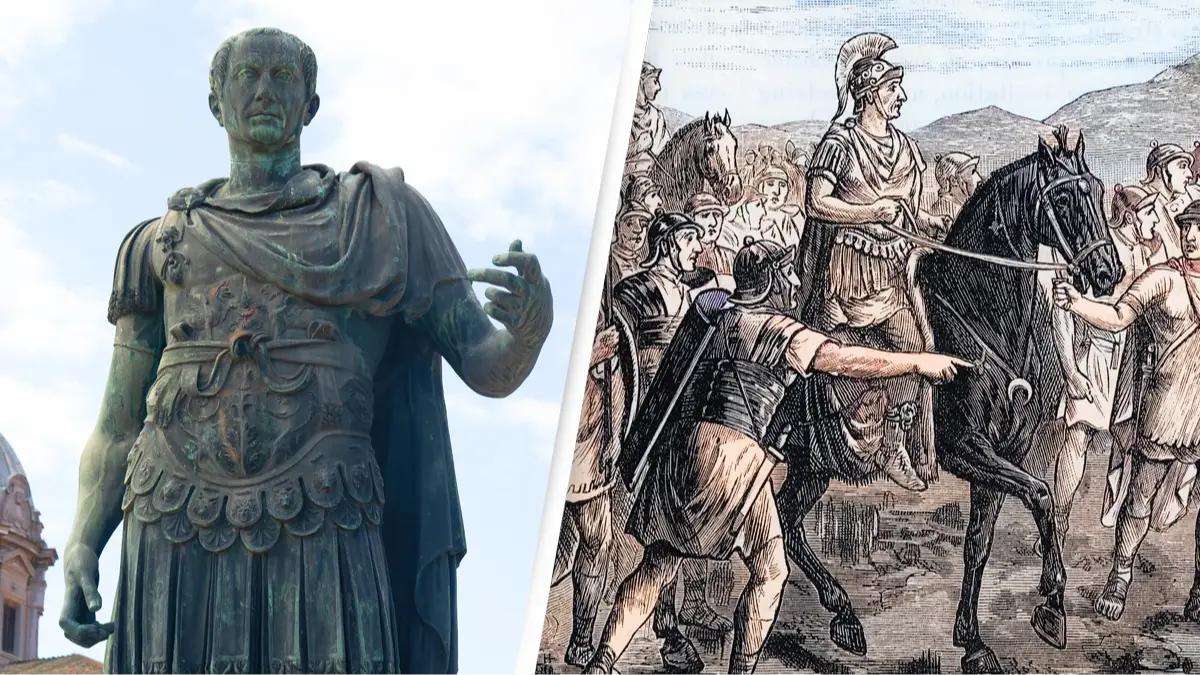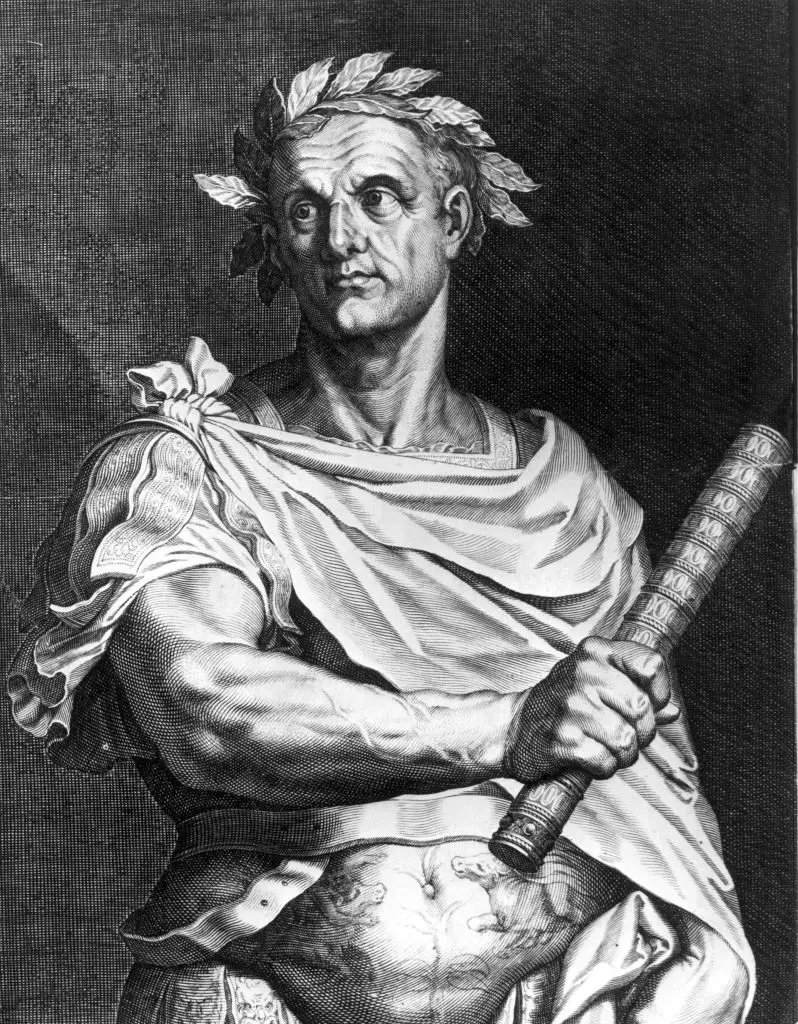
If you think you're bad at maths and time-keeping, consider living in the first century BC when the Roman calendar spiralled so far out of control, it was impossible to track the seasons.
People living in the 1st Century BC had a tough time when it came to the calendar's predicted harvest 'season' as instead of ripe and ready vegetables to eat, they were faced with seeds and roots.
It was probably more like the middle of spring, some historians estimate, as the early Roman calendar became so bizarre and unruly that key milestones and festivals in the year failed to reflect reality.
The early Roman calendar was determined by the moon cycles and by cycles of the agricultural year, amounting to 10 months.
Advert

The calendar started in March, in spring, and ended on the 10th month in December, totalling 304 days and forgetting about some 61 days.
Explaining why they counted the days in this way, Helen Parish, a professor of history at the University of Reading in the UK, said: "For the two months of the year when there's no work being done in the field, they're just not counted."
The calendar noted the sun rising and falling, but didn't count it as an official day, 'which is where the complications start', Parish added.
The second King of Rome, Numa Pompilius, decided to tweak the calendar in 731BC to cover the winter period, adding some 51 days to the calendar - otherwise known as January and February.
He added an additional day due to superstitions about even numbers, stretching the year to 355 days.
Yet, even with 'this souped-up calendar', Parish said it quickly became out of synch with the seasons and by around 200BC a near-total eclipse of the sun was observed in Rome on what would've been March 14, but recorded then on July 11.
Then the Emperor and priests in Rome inserted an additional month, Mercedonius, to try to re-align the calendar back to the seasons but, predictably, did not work out very well.

So, when Julius Caesar came to lead, he set about fixing the calendar to align with the rotation of the Earth on its axis (by day) and its orbit of the Sun (by year).
It was no easy task as Caesar ended up giving us the longest year in history of 445 days based on the advice of an astronomer.
As well as Mercedonius, he added two other months, one of 33 days and another of 34, stretching the calendar to the longest yet with 15 months.
It was the year 46BC, otherwise known as 'the Year of Confusion'.
How he ended up screwing up an entire year also boils down to the unusual way Roman mathematics worked.
Parish said: "They look at the years and they count, one, two, three, four. And then they start counting again at four – so they count four, five, six, seven.
"So they're accidentally double-counting one of those years each time."
Still, Julius Caesar was almost 'bang on', she said.
Fortunately, the two new months, Mercedonius and the practice of adding in 'intercalary months' were abandoned and the calendar re-aligned to the one we recognise today thanks to Pope Gregory, who took charge of the fiasco in 1582.
Topics: History, World News, Weird, Earth, UK News